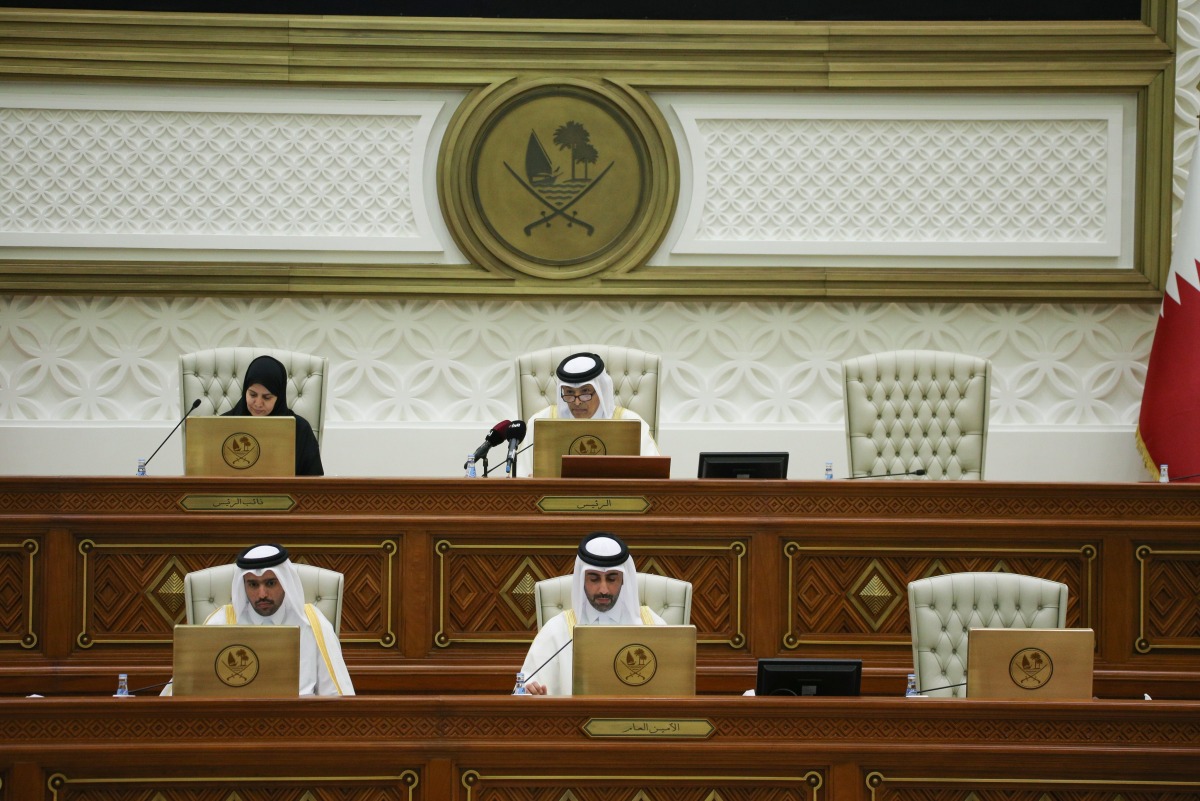The Shura Council of Doha recently held its regular weekly meeting to discuss various important issues under the chairpersonship of Speaker H E Hassan bin Abdullah Al Ghanim. One of the key topics on the agenda was the departure procedures of domestic workers from the country, as highlighted in the report of the Internal and External Affairs Committee. The council decided to refer this discussion request to the committee for further examination due to its importance in reshaping domestic workers’ recruitment offices.
The Speaker of the Shura Council emphasized the significance of reorganizing domestic worker recruitment agencies in conjunction with the discussion on workers’ departure measures. After a thorough discussion of the committee’s report, the council put forth a motion of desire to the government. This motion included measures to ensure that domestic workers must seek approval for their leave or final departure through the ‘Metrash’ application within a specified timeframe. The proposal also called for coordination among relevant authorities to register escape cases of domestic workers and prohibit the transfer of their sponsorship to new employers.
Furthermore, the council proposed amendments to domestic worker contracts to hold them accountable for any expenses incurred in case of escape. The motion also stressed the necessity of establishing an insurance system to address the financial implications of escape cases. Additionally, the council called for stricter penalties against runaway domestic workers and those who provide them shelter or alternative job opportunities. They also urged for increased supervision over places that could potentially employ domestic workers, such as private jobs, hourly work, live-in arrangements, hotels, or restaurants.
The session also saw the council endorsing a draft law on job localization in the private sector and approving a draft law amending certain provisions of the law regulating tenders and auctions. Additionally, they endorsed a draft law amending certain provisions of the law on civil defense after reviewing reports from the respective committees. The council also deliberated on the reluctance of Qatari teachers to remain in the teaching profession and the utilization of retirees in the labor market, with decisions being made to refer these matters to the appropriate committees for further examination and findings.
In conclusion, the recent session of the Shura Council in Doha addressed crucial issues related to domestic workers, job localization in the private sector, amendments to existing laws, and the utilization of retirees in the labor market. The discussions highlighted the importance of reorganizing domestic worker recruitment agencies and implementing measures to address escape cases and financial implications. The council also emphasized the need for coordination among relevant authorities, stricter penalties against runaways, and increased supervision over places that could offer employment to domestic workers. By deliberating on these matters and submitting motions of desire to the government, the Shura Council aims to bring about positive changes and improvements in the labor market and overall governance in Qatar.











